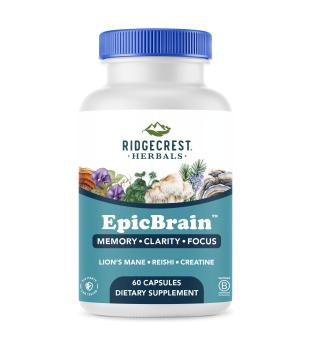The name says it all. The body must source essential fatty acids from foods, since it can’t manufacture them on its own.
Omega-3 fatty acids are important in all phases of life, beginning in the womb and continuing through childhood, adolescence, and adulthood. There are three types: docosahexaenoic acid (DHA), eicosapentaenoic acid (EPA), both of which come from fish, and alpha-linolenic acid (ALA), which comes from flax, flaxseed oil, nuts, and dark green, leafy vegetables.
Omega-3 benefits
The many critical health-promoting functions of omega 3s include the following:
-
Cardiovascular
Modulates heart rate and blood pressure, improves the condition of blood vessels, and helps prevent cardiac arrhythmias.
-
Mental Health
Improves attention-deficit hyperactivity disorder in children; modulates symptoms of depression and other disorders in adults.
-
Cancer Prevention
May reduce risk of breast, colon, and prostate cancers.
-
Joint and Bone Health
Potential reduction of risk of arthritis and osteoporosis.
-
Autoimmune Conditions
Contributes to lower risk of asthma, rheumatoid arthritis, and gastrointestinal conditions including colitis and Crohn’s disease.
Who needs to supplement?
Whole foods, especially fatty fish, are the best sources of omega 3. But those who don’t eat fish at least twice a week and anyone who is deficient in this critical nutrient may benefit from taking a supplement. One clinical trial involving more than 25,000 subjects found that a supplement dose of 1 gram per day led to a 28 percent reduction in heart attack risk.
Benefits of omega-6 fatty acids
Omega-6 fatty acids, primarily linolenic acid found in vegetable oils, for years suffered a bad reputation until the American Heart Association released an advisory that turned it around. Instead of causing inflammation, omega-6 fats either reduce inflammation or have no effect.
“Omega-6 fats are not only safe, but they are also beneficial for the heart and circulation,” according to Dariush Mozaffarian, MD, coauthor of the advisory. Rather than cutting down on consumption of omega 6s, it’s enough to increase intake of omega 3s to balance the ratio of the two fats in the diet.





